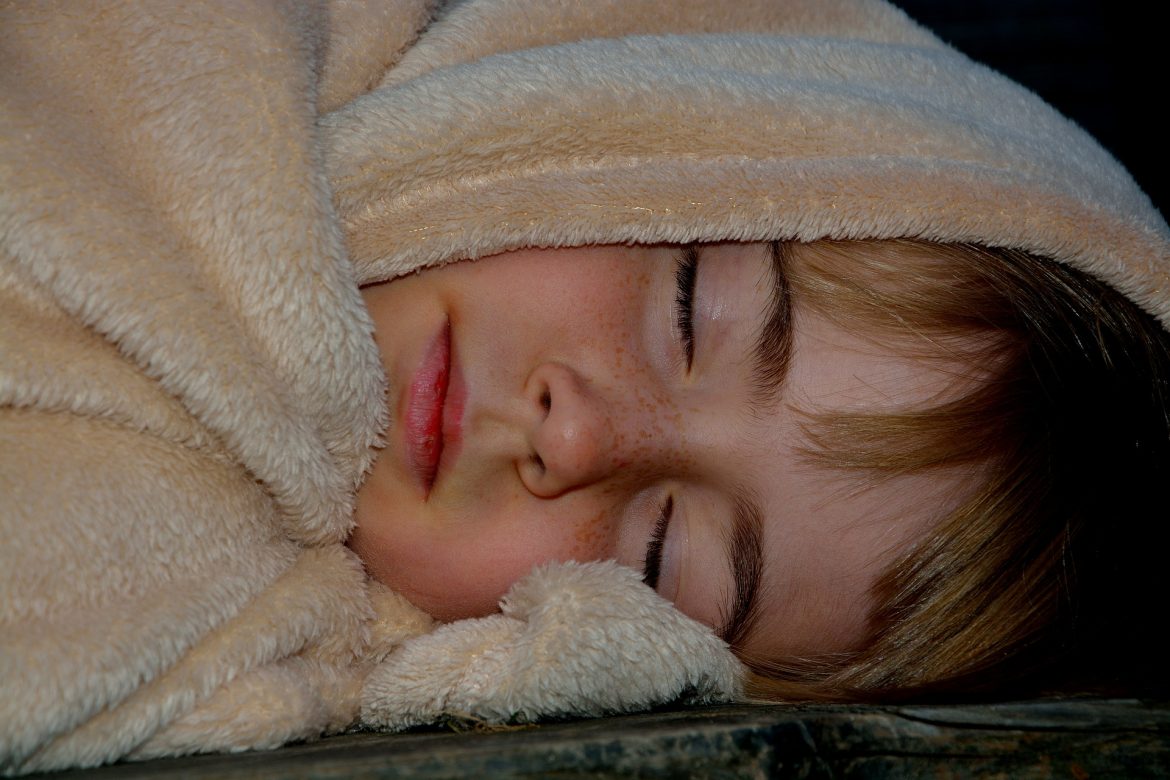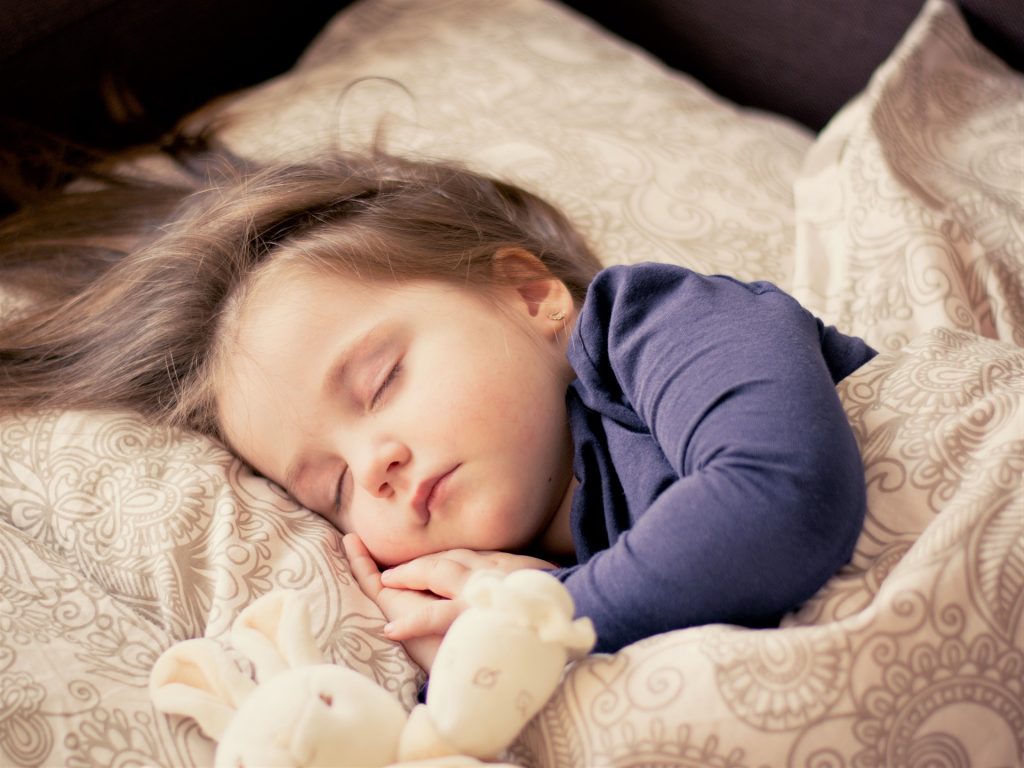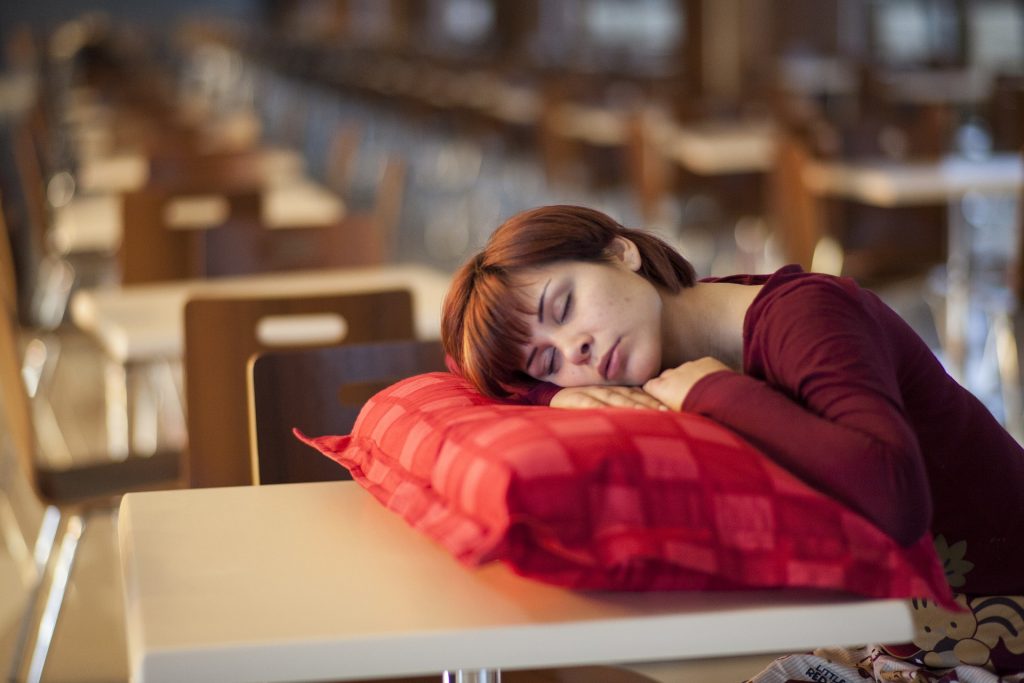
Good sleep is considered the amount of time spent sleeping that helps you feel more awake, focused, and ready to tackle your day. Over the years, scientists and statisticians have done their best to find what causes good sleep and how we can get it regularly.
Since sleep was first studied, many different conclusions on how much you should be getting each night have been drawn. Some suggest 7-8 hours for adults while others say seven is too much.
Everybody has a different biological clock, so there are no exact numbers on what constitutes ‘good’ or ‘bad’ sleep. To make things simple, though, many scientists agree that if you wake up feeling well-rested, you’ve had enough restful sleep.
Even scientists can’t give us clear guidelines about what is good sleep. Some researchers believe your body gets acclimated to less sleep, so you feel OK even if you don’t get enough, and others say that you should be getting more than 7 hours of sleep a day. However, most agree that the quality of our sleep directly affects how we manage and handle stress and makes us more productive people during waking hours.
For some, sleeping fewer than seven hours feels like torture, but for others, it’s perfectly normal. You’ll find out what works best once you stop worrying about not having enough sleep or getting too much-uninterrupted shut-eye.
If you think your boss might approve of flexible working times, setting your alarm clock 15 minutes earlier may do the trick by ensuring a nice buffer between the time you wake up and when you need to leave for work.
If you feel like you’ve been running on empty every day, it’s time to see a doctor about what might be causing this chronic exhaustion. People often think they can get away with less sleep, but eventually, there is an effect on the quality of their life overall.
List of the Benefits of Sleeping Naked

What does normal sleep look like?
Most adults need a total of eight hours of sleep per night, though some might need more or less. Sleeping for the appropriate amount of time helps support your immune system and lower stress levels. Plus, on-the-job performance often suffers when employees don’t get enough sleep.
In most cases, less than seven hours is considered a sleepless night.
Good quality sleep looks like this:
- You don’t feel sleepy during the day
- Falling asleep quickly and sleeping through the night without waking up for any reason.
Bad quality sleep looks like this:
- Snoring or breathing problems while you sleep
- Waking up to go to the bathroom several times at night
- Difficulty focusing or concentrating for more than a few minutes. If you’ve experienced any of these problems, contact your doctor right away.
It’s essential to monitor how much sleep you’re getting each night and whether it helps you feel refreshed when you wake up. A good night’s sleep comes naturally once you make it a priority.
Although scientists can’t agree on the best amount of sleep for adults, most will say getting less than 6-7 hours every night is too little. However, calling 8-10 hours is recommended for teens because their bodies are still growing and developing into full-functioning adults.
Children between the ages of 1-2 should be getting around 12 hours of sleep at night, but this decreases as they grow. Children between the ages of 3-5 need 10-13 hours. The National Sleep Foundation suggests that teens need 8-10 hours every night, and young adults (18-25) need 7-9 hours per night.
Like adults, teenagers who get inadequate sleep are more likely to experience accidents, poor performance at school or work, mood disorders, and weight gain.
How Bad Is Pulling An All-Nighter?
As you get older, you need less sleep, but that doesn’t mean it’s OK to go without. For example, instead of making up for lost sleep during the week by taking long naps on the weekends, try getting a few extra hours during the workweek.
Although many adults believe they can make up for not sleeping well during the week by going to bed early on weekends, it is harder to fall asleep because the body gets used to waiting until later.
If you have trouble sleeping at night, avoid bright lights and keep things as dark and quiet as possible. Background noise, an uncomfortable mattress, or even sleeping in another room could be contributing to your problem.

Sleep quality vs. Sleep quantity
It’s important to note that the amount of sleep you get is just one part of a good night’s rest. So rather than obsessing over how much time an adult needs to spend in bed, experts say it’s more productive to focus on how well you’re sleeping at night.
For those who feel exhausted throughout the day, no matter if they’ve gotten 8, 9, or even 10 hours of sleep, it’s time to see a doctor. Sleep deficiency has been linked with everything from high blood pressure to heart disease.
When you’re ready to take your sleep routine to the next level, try these quick and easy tricks:
Consider taking a warm shower or bath an hour before bedtime. This lowers blood pressure and relaxes muscles. If showers aren’t your thing, consider doing some light stretches using a foam roller before hitting the sack.
If you struggle to fall asleep regularly, make it part of your bedtime routine to read before closing your eyes. Have trouble falling back asleep after waking up in the middle of the night? Instead of getting out of bed, try reading until you feel tired again.
If you can’t seem to get good quality sleep no matter what time you go to bed, it’s time to make your room darker. Adding blackout drapes or an eye mask can help shut out light and allow you to sleep in complete darkness.
Finally, if you feel overwhelmed by these changes, you can ask the doctor about sleeping pills. While they aren’t necessary for everyone, they can certainly help those struggling with their sleep schedule.
How do you sleep better?
- Keep a routine going every night.
- Try to get seven or more hours of sleep each night.
- Avoid bright lights and loud noises before bedtime.
- Try taking a hot shower, stretching, or reading before going to sleep.
- If you can’t fall asleep right away, get up and do something else.
- Avoid sleeping pills unless recommended by your doctor.
Summary
Sleep is a naturally recurring state of mind and body, characterized by altered consciousness, relatively inhibited sensory activity, inhibition of voluntary muscles, and reduced interactions with surroundings. It is distinguished from wakefulness by a decreased ability to react to stimuli and is more easily reversible than hibernation or coma.
Thank you for reading!
